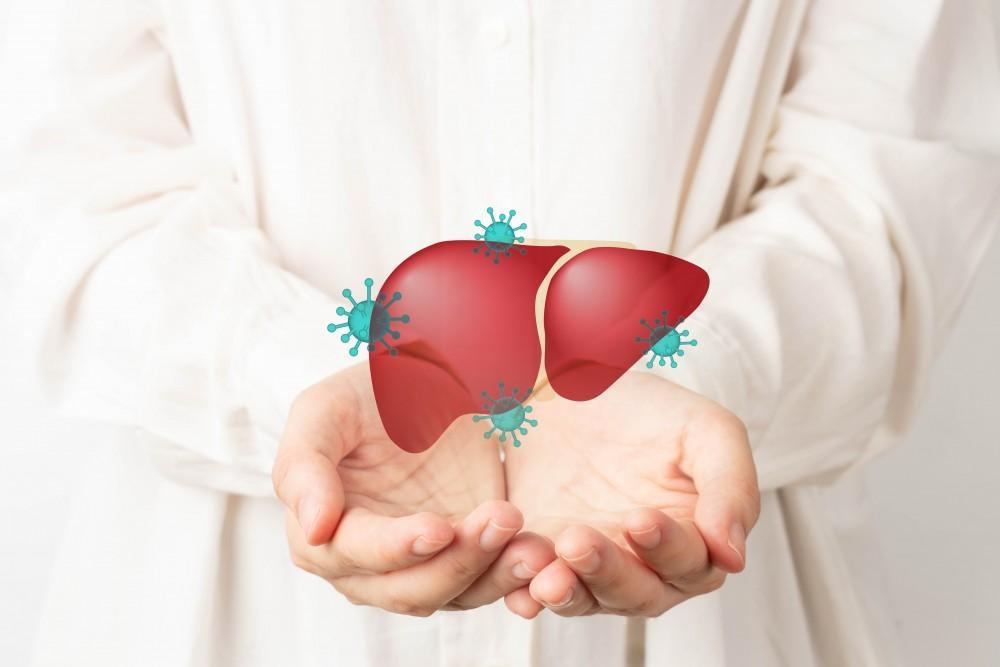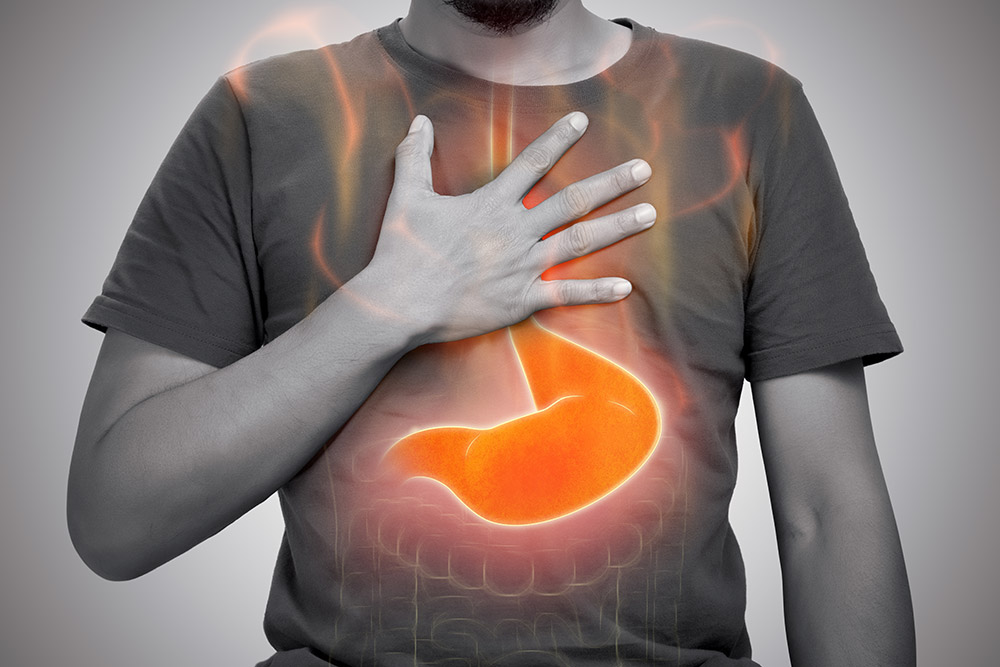What Is Esophageal Cancer?
Esophageal cancer starts in the esophagus the tube that carries food from your throat to your stomach.
There are two main types:
- Squamous cell carcinoma usually forms in the upper or middle part of the esophagus
- Adenocarcinoma often begins near where the esophagus meets the stomach
Knowing the type of cancer helps doctors plan the best treatment.
What Increases the Risk?
Certain health and lifestyle factors can raise your risk of esophageal cancer:
- Chronic acid reflux (GERD) or Barrett's esophagus
- Smoking or heavy alcohol use
- Obesity - extra weight increases acid reflux
- Low intake of fruits and vegetables
Common Signs and Symptoms
Esophageal cancer can cause the following symptoms:
- Trouble or pain when swallowing
- Unexplained weight loss
- Chest or upper back pain
- Ongoing heartburn or indigestion
- Hoarse voice or frequent cough
How Dr. Rishi Diagnoses Esophageal Cancers?
Dr. Rishi Chadha uses a step-by-step approach:
Medical History and Physical Exam
He reviews your health history, acid reflux or Barrett's history, lifestyle factors, and swallowing symptoms.
Upper Endoscopy and Biopsy
An endoscope examines the esophageal lining directly and collects tissue samples for pathological confirmation.
Endoscopic Ultrasound (EUS)
This advanced scope-based ultrasound measures tumor depth and evaluates nearby lymph nodes.
Imaging Studies
- CT scan of chest and abdomen to assess local spread.
- PET scan to detect any distant metastases.
Multidisciplinary Review
He collaborates with oncologists, surgeons, radiologists, and dietitians to finalize staging and craft your personalized treatment plan.
Frequently Asked Questions
What causes esophageal cancer?
Smoking, heavy alcohol use, chronic acid reflux (GERD), and Barrett's esophagus are the top risk factors associated with esophageal cancer.
Is all esophageal cancer deadly?
No. Early-stage esophageal cancers can often be treated successfully. Advanced stages require more complex care but can still be managed.
What is gastroesophageal junction cancer?
This cancer arises where the esophagus meets the stomach. Treatment often combines approaches used for both esophageal and gastric cancers.
What are common warning signs?
Difficulty or pain when swallowing, persistent heartburn or indigestion, unexplained weight loss, chest or upper back pain, hoarseness, and chronic cough.
How does Dr. Chadha check for cancer?
He performs an upper endoscopy with biopsy, may add endoscopic ultrasound (EUS) to assess depth, and orders CT or PET scans to look for spread.
Can food changes help?
Yes. Eating smaller meals more often, avoiding spicy or acidic foods, and elevating the head of the bed can reduce reflux and ease symptoms.
What is EMR?
Endoscopic Mucosal Resection (EMR) is a minimally invasive procedure to remove small, early-stage tumors without major surgery.
How long is recovery after esophagectomy?
The typical hospital stay is 5-10 days. Full recovery including returning to normal activities can take several weeks.
Will insurance cover treatment?
Most insurance plans cover diagnostic tests and treatments. Our team will work with you to verify your benefits and streamline approval.
When should I see Dr. Chadha?
If you're experiencing difficulty swallowing, persistent heartburn with unexplained weight loss, or any concerning symptoms, call now to schedule an evaluation.











